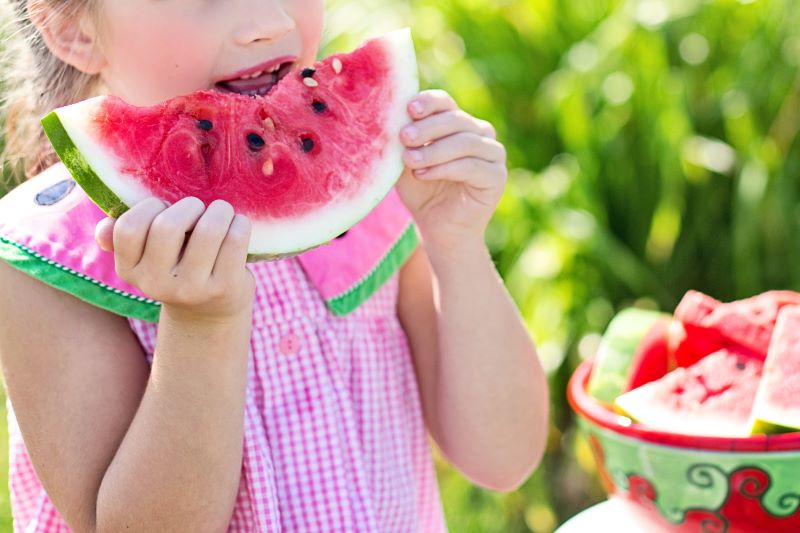We’ve all heard the adage, “speak what you want into existence.” It’s normally used to encourage goal development and positive talk. But do the words we speak truly have power? Studies show that they do, and just as positive self-talk provides the ability to inspire and motivate
 negative self-talk can discourage achievement and repress inspiration.
negative self-talk can discourage achievement and repress inspiration.
Various studies have shown how negative thoughts and imagery can adversely impact performance. Whether physical or academic, words have the capacity to prep the body to act. But how? According to Johnson, Hrycaiko, Johnson, and Hallas (2004) self-talk acts as an instructional model to initiate performance of an action or sequence of actions. Since the effectiveness of self-talk lies in its ability to focus attention, Zinnser et al. (2006) and Hardy et al. (1996) suggest that self-talk can serve to regulate effort and enhance or diminish self-confidence as well as induce or control anxiety.
So, What Does This Tell Us?
It tells us that we can be agents in our own achievement by challenging our negative thoughts and speaking positivity. Self-efficacy is not something inherited, and anyone, regardless of their past or current experiences can practice positive-self talk. Beginning to comprehensively integrate self-talk begins by noticing when you start to think things that will be detrimental to you achieving. Instead of saying “I can’t,” simply say “I can.” If you’re faced with something novel and you find yourself thinking “I’ve never done this before” try to instead tell yourself that you now have an opportunity to learn something new.
To delve even further, there are different types of positive self-talk that have been found to positively affect performance depending upon the situation.
Relaxation Based Self-Talk
Motivational Self-Talk
Instructional Self-Talk
Focus Based Self-Talk
When faced with anxiety provoking situations we can use relaxation based self-talk. Telling yourself to “take a deep breath and remain calm” can have a very different effect on how you feel than if you were to say, “this is too much for me to handle.” Instructional self-talk will be helpful for doing tasks that help to improve technique and focus-based and motivational self-talk (e.g. “think about the task at hand,” “just focus,” “you can do it,” “you are the master of your abilities!”) is more effective for boosting confidence in competitive atmospheres and test taking. Whatever your situation, strive to incorporate positive self-talk and understand that there is, indeed, much power in words.
References:
Hardy, L., Jones, J. G., & Gould, D. (1996). Understanding psychological preparation for sport: Theory and practice of elite performers. John Wiley & Sons Inc.
Johnson, J. J., Hrycaiko, D. W., Johnson, G. V., & Halas, J. M. (2004). Self-talk and female youth soccer performance. The Sport Psychologist, 18(1), 44-59.
Kross, E., Bruehlman-Senecal, E., Park, J., Burson, A., Dougherty, A., Shablack, H., ... & Ayduk, O. (2014). Self-talk as a regulatory mechanism: how you do it matters. Journal of Personality and Social Psychology, 106(2), 304.
Zinsser, N., Bunker, L., & Williams, J. M. (2006). Cognitive techniques for building confidence and enhancing performance. Applied sport psychology: Personal growth to peak performance, 5, 349-381.





